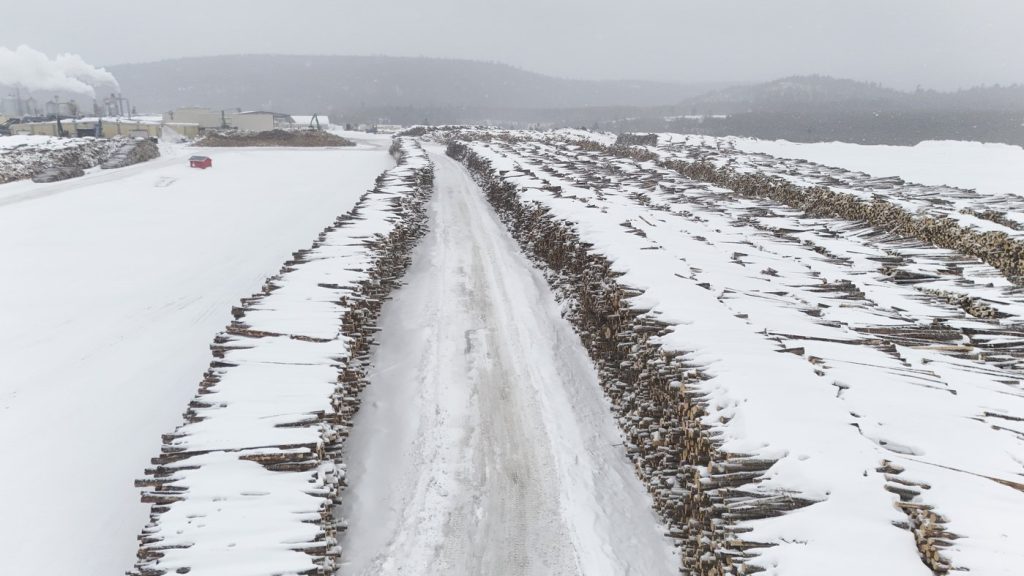MONTREAL — Two Indigenous organizations, the Mamo alliance and the Association des Gardiens du territoire Nehirowisiw Aski, have taken a significant stand against several forestry companies operating in Quebec. They have issued eviction notices to eleven companies in the regions of Saguenay–Lac-Saint-Jean, Mauricie, and Côte-Nord, signaling their intent to reclaim control over their ancestral lands that have not been ceded.
The eviction notices demand that the companies immediately remove all workers and equipment from these territories, which are claimed to be unceded Indigenous lands. This action is a direct response to a controversial proposal by the Quebec government regarding forestry reform, which is facing considerable opposition from both environmental groups and First Nations.
At the heart of this dispute lies Bill 97, a legislative measure that aims to introduce “priority forest management zones.” These zones are intended to be designated for logging activities, raising concerns among Indigenous communities about the potential infringement of their ancestral rights. Critics argue that the bill was introduced without obtaining proper consent from Indigenous leaders, further complicating the relationship between the government and Indigenous peoples.
The organizations assert that the forestry reform threatens not only their historical rights to the land but also the overall ecological balance of the regions affected. They emphasize the importance of environmental stewardship and sustainable land management practices that respect Indigenous sovereignty and traditional ecological knowledge.
This situation reflects a growing trend of Indigenous groups asserting their rights and demanding recognition as key stakeholders in resource management decisions that affect their lands and livelihoods. The ongoing debate around Bill 97 and the eviction notices highlights the tensions between economic interests in the logging industry and the rights of Indigenous peoples in Quebec.
The issuance of these eviction notices marks a pivotal moment in the ongoing struggle for land rights and recognition faced by Indigenous communities in Canada. As conflicts surrounding natural resource management continue to intensify, the outcome of this dispute may set a precedent for future engagements between the government, industry, and Indigenous organizations.
The response from the forestry companies and government officials remains to be seen, as they evaluate the implications of these eviction notices and consider their next steps in addressing the concerns raised by the Indigenous organizations.












